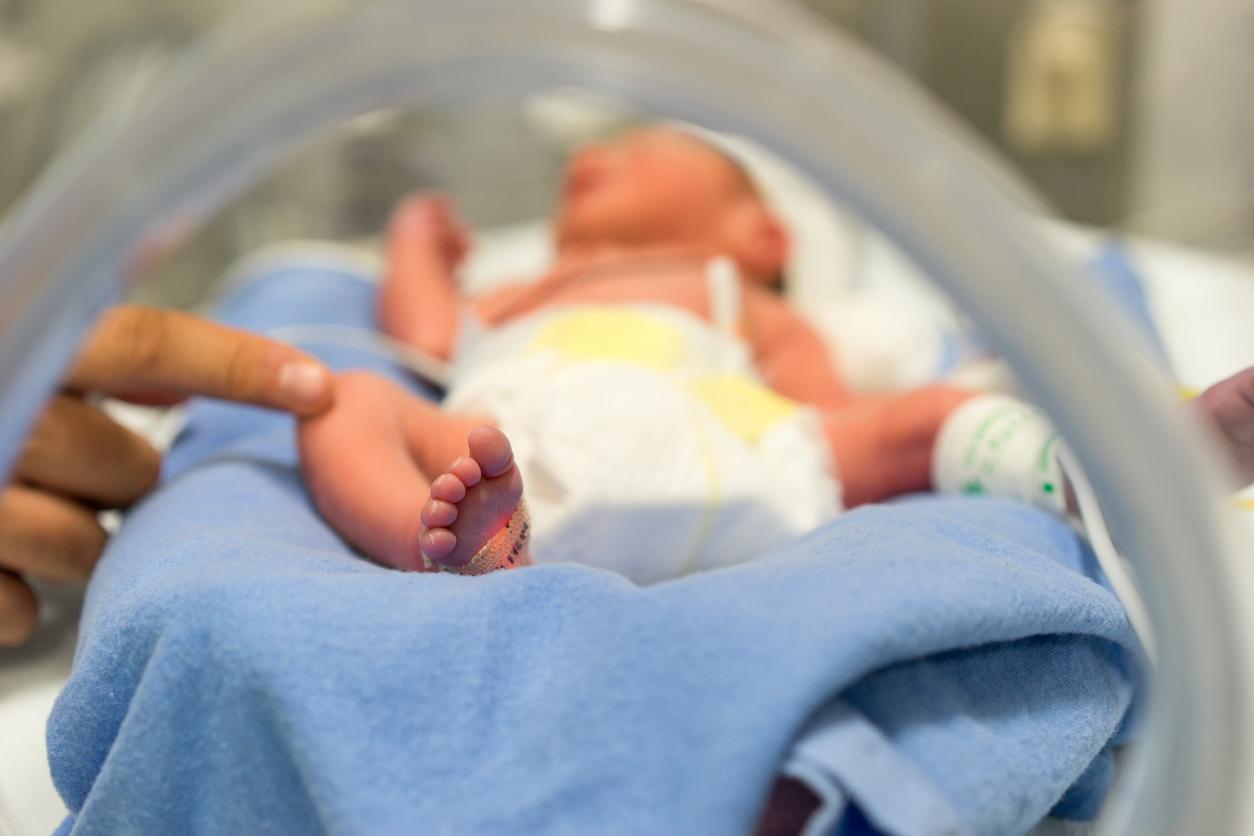
A study of infants in a neonatal intensive care unit (NICU) found that more than half were colonized with at least one bacterial strain with antibiotic resistance or epidemic potential, and transmission was a frequent occurrence, researchers reported today in JAMA Network Open.
In the prospective study, researchers at the Medical Center-University of Freiburg in Germany used whole-genome sequencing (WGS) to analyze screened bacterial isolates from a cohort of infants who were admitted to a level three NICU from February 2019 to November 2020. The aim of the study was to evaluate the frequency of colonization with multidrug-resistant organisms (MDROs), which can increase the risk of severe and deadly infections in vulnerable infants, and identify bacterial transmission events.
"In healthy infants, the establishment of metabolic independence after birth is associated with acquisition of maternal microorganisms from the birth canal, skin, and breast milk," the study authors wrote. "However, in hospitalized and, in particular, in preterm infants, the microbiome receives major input from hospital-adapted microorganisms residing in other patients and on inanimate surfaces."
A third of colonizations linked to transmission
Of the 434 infants (median gestational age, 34.6 weeks; 55.8% male) who were included in the study, 225 (51.8%) were colonized with at least one MDRO. Of 418 unique colonizations, 142 (34.0%) were linked to transmission using WGS, with 37 unique transmission clusters identified, most frequently involving Escherichia coli. Of the 10 MDRO bloodstream infections detected in infants, four were linked to transmission events.
"Based on our high-resolution genomic surveillance, we hypothesize that bacterial transmission frequently occurs on NICUs," the authors wrote.
Multivariate analysis of risk factors associated with transmission found increased full-time nurse staffing and prior antibiotic use were associated with a 72% (odds ratio [OR], 0.28) and 59% (OR, 0.41) decreased transmission risk, respectively, while vascular catheter use was associated with a 65% (OR, 1.65) increased transmission risk.
The authors say the findings support prospective WGS of routine screening isolates as a tool to identify and resolve transmission events in ICUs.
















